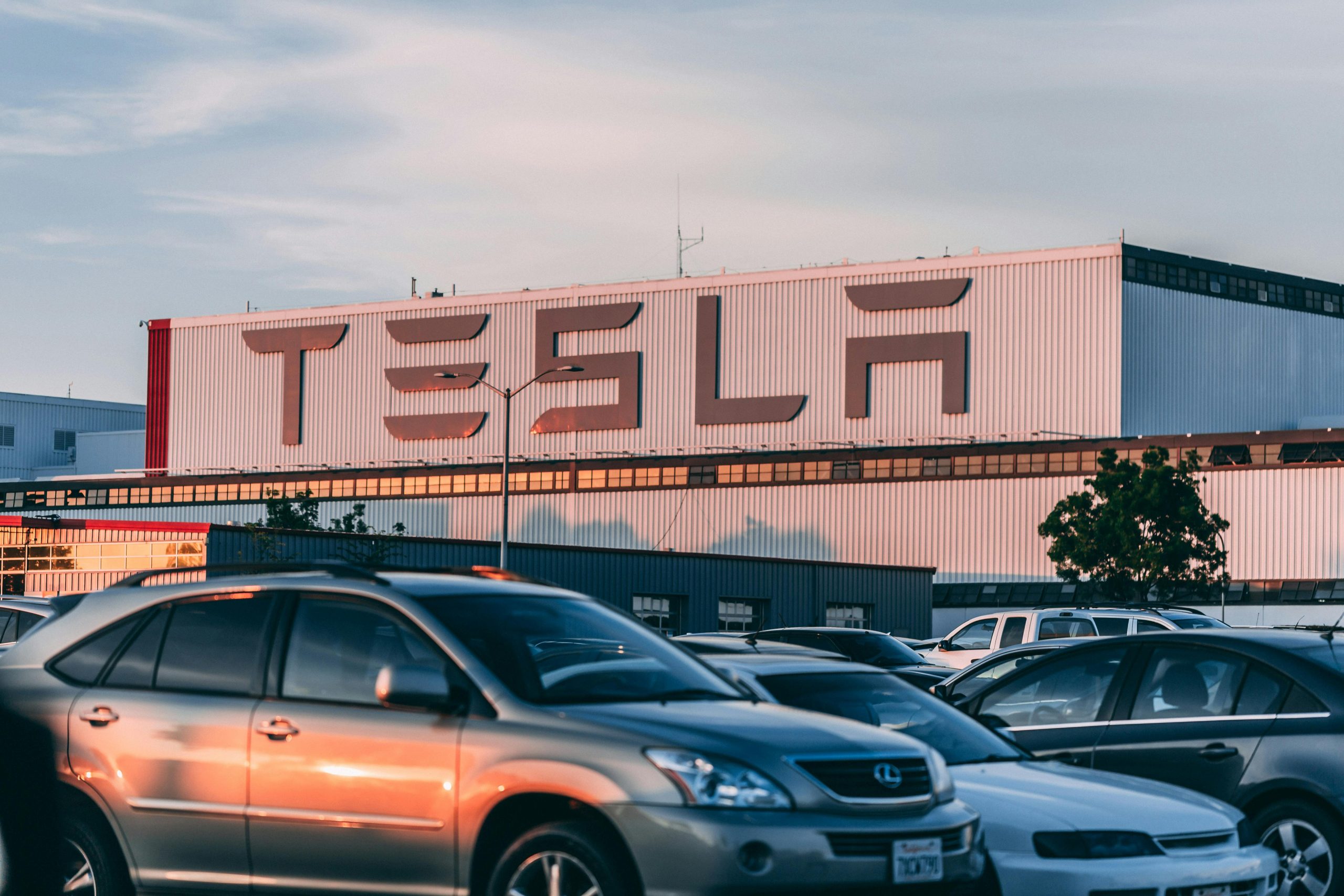
The world is shifting gears, and electric vehicles (EVs) are at the forefront of this transformation. No longer just a niche market for eco-conscious consumers, EVs are rapidly becoming the next big thing in technology, reshaping industries, economies, and even our daily lives. With advancements in battery technology, charging infrastructure, and government incentives, the EV revolution is no longer a distant future—it’s happening now. Here’s why electric vehicles are the game-changing tech revolution you can’t ignore.
The Environmental Imperative: A Cleaner Future
One of the most compelling reasons for the rise of electric vehicles is their potential to reduce carbon emissions and combat climate change. Traditional internal combustion engine (ICE) vehicles are major contributors to air pollution and greenhouse gas emissions. EVs, on the other hand, produce zero tailpipe emissions, making them a cleaner alternative.
Key environmental benefits of EVs include:
- Reduced carbon footprint: Even when accounting for electricity generation, EVs emit significantly fewer greenhouse gases over their lifetime compared to gasoline-powered cars.
- Improved air quality: By eliminating exhaust emissions, EVs help reduce smog and respiratory illnesses in urban areas.
- Sustainable energy integration: As renewable energy sources like wind and solar become more prevalent, the environmental impact of EVs will continue to decrease.
Governments worldwide are recognizing these benefits, implementing policies to accelerate EV adoption through subsidies, tax incentives, and stricter emissions regulations.
Technological Advancements: Breaking Barriers
The rapid pace of innovation in EV technology is making electric vehicles more accessible, efficient, and appealing to a broader audience. From longer battery life to faster charging, these advancements are addressing the key concerns that once held consumers back.
Battery Breakthroughs
Modern EVs are benefiting from cutting-edge battery technology, such as solid-state batteries, which promise higher energy density, faster charging times, and improved safety. Companies like Tesla, Toyota, and startups are investing heavily in research to push these boundaries further.
Charging Infrastructure Expansion
Range anxiety—the fear of running out of battery—has been a significant hurdle for EV adoption. However, the global expansion of charging networks is alleviating these concerns. Fast-charging stations, capable of replenishing an EV’s battery in under 30 minutes, are becoming commonplace, making long-distance travel more feasible.
Smart Features and Connectivity
EVs are not just about replacing gasoline engines; they’re redefining the driving experience. With over-the-air software updates, autonomous driving capabilities, and seamless integration with smart home systems, EVs are setting new standards for convenience and innovation.
Economic Benefits: Saving Money and Creating Jobs
Beyond environmental and technological advantages, electric vehicles offer substantial economic benefits for both consumers and economies at large.
Lower Operating Costs
EVs are cheaper to maintain and operate than traditional vehicles. With fewer moving parts, they require less frequent servicing, and electricity is generally more affordable than gasoline. Over time, these savings can offset the higher upfront cost of an EV.
Job Creation and Industry Growth
The shift to electric mobility is creating millions of jobs in manufacturing, renewable energy, and tech sectors. From battery production to charging station installation, the EV boom is fueling economic growth and fostering new industries.
Energy Independence
By reducing reliance on imported oil, countries can enhance their energy security and stabilize fuel prices. This shift also encourages investment in domestic renewable energy sources, further boosting local economies.
The Cultural Shift: Changing Perceptions and Habits
Electric vehicles are not just transforming the automotive industry—they’re reshaping how we think about transportation. As EVs become mainstream, cultural attitudes are evolving, driven by a combination of environmental awareness, technological fascination, and economic pragmatism.
Key trends driving this shift:
- Youth appeal: Younger generations, prioritizing sustainability and tech-savvy solutions, are more inclined to embrace EVs.
- Corporate commitments: Major automakers like Ford, GM, and Volkswagen are pledging to phase out ICE vehicles, signaling a definitive move toward electrification.
- Urban planning: Cities are redesigning infrastructure to accommodate EVs, with dedicated lanes, charging hubs, and incentives for electric fleets.
As EVs become synonymous with progress, their cultural impact will only grow stronger.
Conclusion: The Road Ahead
The electric vehicle revolution is no longer a question of “if” but “when.” With environmental urgency, technological breakthroughs, economic incentives, and cultural shifts all aligning, EVs are poised to dominate the automotive landscape. Whether you’re an early adopter or a skeptic, one thing is clear: electric vehicles are the game-changing tech revolution you can’t ignore. The future of transportation is electric—and it’s arriving faster than you think.





